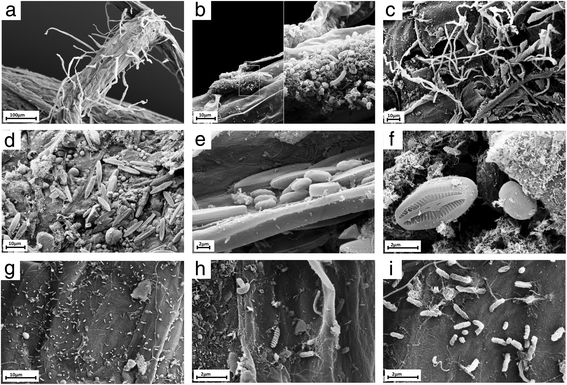
In sustainable agriculture, healthy soil equals healthy plants—and at the heart of healthy soil lies a thriving microbial community. Organic fertilizers play a crucial role in building and supporting this underground ecosystem, benefiting both soil fertility and plant resilience.
🦠 1. Stimulating Microbial Diversity and Activity
Unlike synthetic fertilizers, which mainly feed the plant, organic fertilizers also feed the soil. They provide a rich source of organic matter, which serves as food for beneficial microorganisms such as bacteria, fungi, and actinomycetes.
This microbial stimulation leads to:
👉 A biologically active soil behaves like a living system, continuously regenerating nutrients and supporting plant life naturally.
🌱 2. Enhancing Nutrient Availability
Microbes break down organic material into plant-available forms of nutrients, such as nitrogen, phosphorus, and potassium. Unlike the quick-release nature of chemical fertilizers, this slow and steady mineralization ensures a more balanced nutrient supply over time.
👉 The result: healthier, stronger plants with less dependency on synthetic inputs.
🛡️ 3. Supporting Plant Immunity and Reducing Disease Pressure
A healthy microbial ecosystem acts as a biological defense barrier by:
-
Competing with harmful pathogens in the rhizosphere
-
Producing natural antibiotics and enzymes
-
Enhancing root vigor and resistance to stress
👉 By promoting biological balance, organic fertilizers help prevent diseases from taking hold—without the need for harsh chemicals.

✅ Conclusion
Organic fertilizers do more than just feed plants—they revitalize soil life, unlocking natural fertility and building a resilient root zone. When the soil is alive and balanced, plants grow stronger, healthier, and more productive.
📌 Tip: Make organic fertilizers a core part of your nutrient program—not only to improve plant performance, but to invest in the long-term health of your soil.